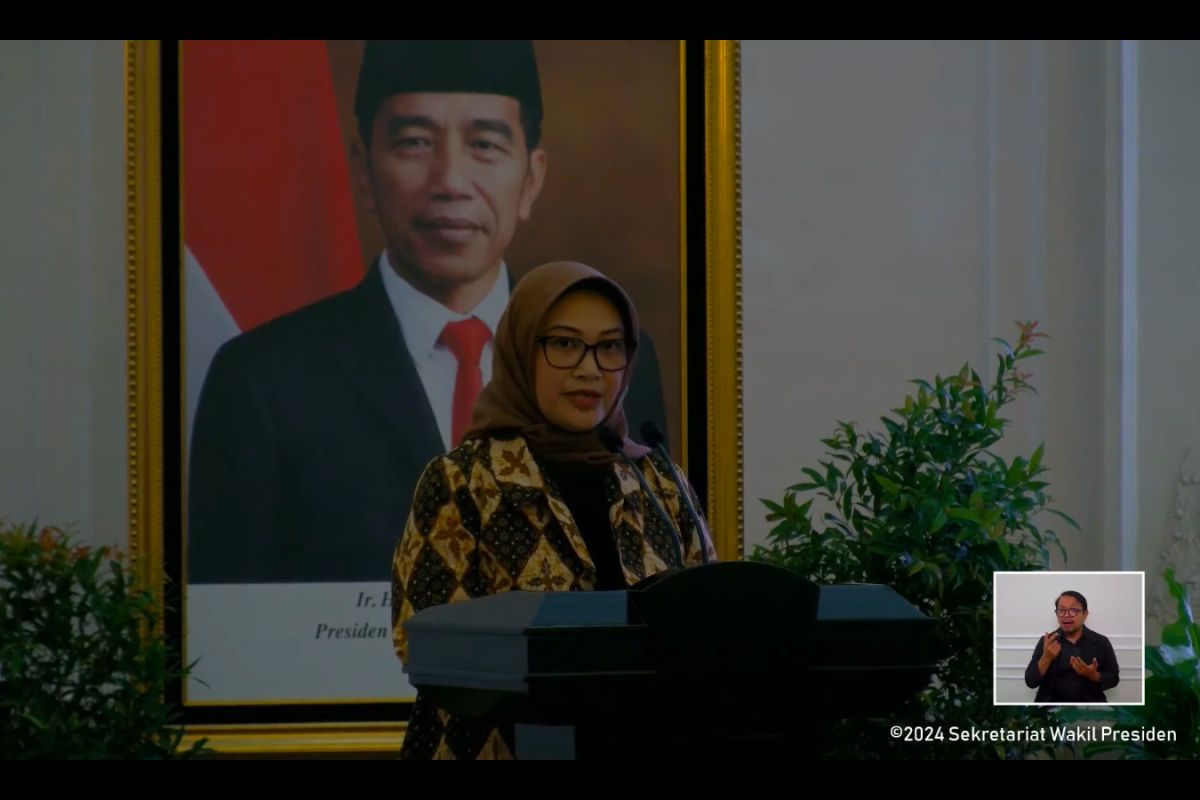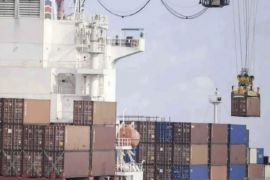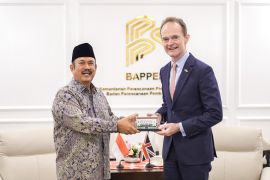"We have a fairly large gap between our achievements in 2023 and the target in 2024. In 2025, we also received a mandate to realize a developed Indonesia on par with developed countries, where poverty is expected to be close to zero percent," Sutedjo remarked at the Knowledge Forum agenda on poverty alleviation on Wednesday.
She then drew attention to a wide gap between the achievement of the poverty rate as of March 2023, which was 9.36 percent, and the poverty rate target in the 2020-2024 National Medium Term Development Plan (RPJMN) of 6.5-7.5 percent.
Likewise, the achievement of the extreme poverty rate as of March 2023 was 1.12 percent, with the extreme poverty rate target in the 2020-2024 RPJMN being around 0-1 percent.
"The latest data from Statistics Indonesia (BPS) in 2023 recorded the poverty rate in Indonesia at 9.36 percent. Meanwhile, the extreme poverty rate is at 1.12 percent. If we can reduce it below one percent, the extreme poverty rate in 2024 will be approximately 0.5-0.7 percent," she stated.
Hence, her side is working to change the methodology for measuring poverty rates that will be updated in collaboration with the National Team for the Acceleration of Poverty Reduction (TNP2K).
The ministry will also report the latest proposed methodology to the Statistical Society Forum (FMS) to be implemented in the 2025-2029 RPJMN.
Sutedjo then outlined three main challenges to overcoming poverty in Indonesia.
The first is target accuracy and target sharpening of government programs to ensure that the provided assistance aligns with the beneficiaries' needs.
The second challenge pertains to improving the quality of the program to ensure beneficiaries receive assistance according to their vulnerabilities.
The third challenge entails optimal economic empowerment to increase leverage as well as development of the quality of Human Resources (HR) to support program implementation along with supporting certification.
Sutedjo noted that reducing poverty levels requires a diverse intervention approach involving various programs, activities, and stakeholders.
"This integration is needed to ensure that assistance programs are not fragmented and to achieve more optimal coordination between agencies, ministries, and central and regional government," she remarked.
Related news: Women's empowerment key to tackling extreme poverty: BKKBN
Related news: Bapanas to revise regulation on aid sustainability to tackle poverty
Related news: Minister opens Pena outlet in W Java’s Lembang
Translator: M Baqir Idrus A, Resinta Sulistiyandari
Editor: Azis Kurmala
Copyright © ANTARA 2024












